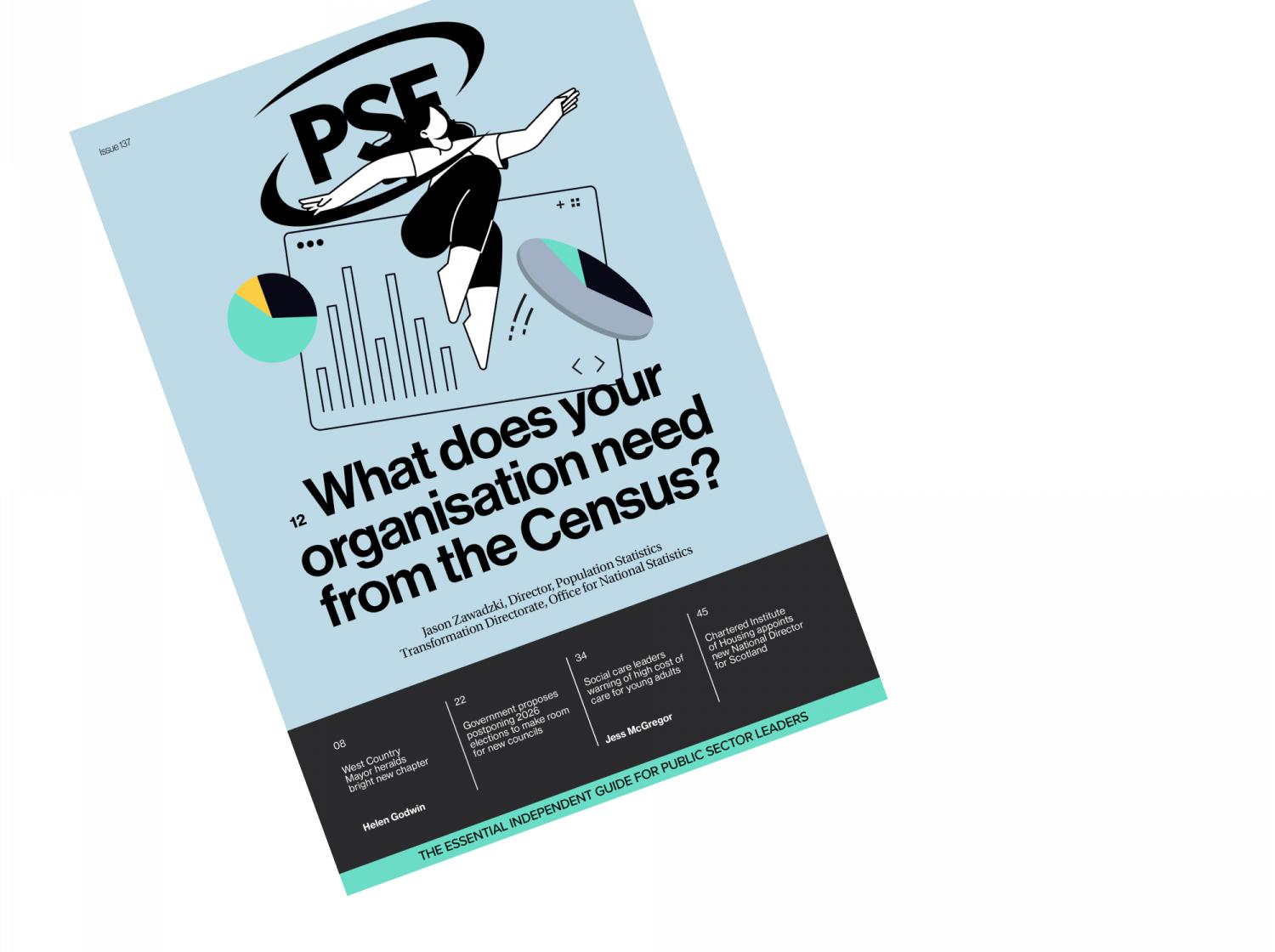A tough new community sentence is supported by an overwhelming majority of the public, according to a major new survey.
The public has given strong backing to an Intensive Control and Rehabilitation Order proposed by the influential think-tank, the Centre for Social Justice.
A poll conducted by for the CSJ finds that nearly three quarters of people back such sentences for minor offenders. The finding flies in the face of the widespread assumption that the public at large regards community sentences as a soft touch.
The ICRO, to be served in the community, is intended to be an alternative punishment to those currently passing through the prison estate “who are not dangerous, nor do they present a material threat to society”.
In a new report the CSJ argues that the advent of new technology means that it is possible to devise community sentences that robustly punish offenders while safeguarding the public and commanding the confidence of the courts.
The CSJ’s suggestion, the ICRO, is designed to be “wider in scope than any pre-existing community-based order”, such as the Suspended Sentence Order (SSO). Unlike the SSO, the new sentence would guarantee that the convict would be deprived of the liberty that they would normally enjoy.
It ensures strict restrictions on the offender through the use of intensive monitoring requirements, including GPS tagging to limit their movement, enforced unpaid work and mandatory rehabilitation programmes. Criminals may also be banned from social areas, alcohol and activities such as going to pubs and bars.
Introducing a tough new form of community sentencing is strongly endorsed by CSJ founder and former Cabinet minster Sir Iain Duncan Smith.
He says in a foreword to the report: “This is absolutely not a license to release every, indeed any, murderer, rapist, and terrorist onto the streets of Britain.
“But what it does seek to do, where there is no threat to public, and prison will have little reformative effect, is give the judiciary another weapon in their arsenal to drive down reoffending and reduce the boomerang in and out of prison.”
Sir Iain adds that the ICRO gives judges a new weapon when it comes to sentencing – a genuine extra robust option beyond a short prison sentence.
“Previous governments have toyed with different kinds of community sentences for decades, but never fully grasped the nettle.”
“Well, necessity is the mother of invention – with our prisons overflowing and little prospect of new places coming online for years yet, better community sentencing is the necessary option as well as the right one for some cases.
“Far from being politically difficult, exclusive polling done for this report has found that strict community sentences for low-level offending are popular with the public - nearly three quarters of people back such sentences.
“As the Government’s review of sentencing reports in the weeks ahead, it would do well to grasp that nettle and realise that the opportunity here is not just to relieve the over-crowding in our prisons, but to drive down re-offending and release the potential in our prisoners”
The CSJ’s recommendation comes against the background of mounting concern about prison overcrowding and emergency measures by the Government to release offenders early – a cause of concern to many members of the public.
The report declares: “Too often, prison serves as a catalyst for the causes of crime, rather than as a means of remedying them. The consequence is that cycles of criminality fail to be broken, and reoffending continues to blight our streets and our homes.
“Close to half of those leaving custody go on to reoffend within a year of their release, while the same is true for nearly two thirds of those sentenced to less than 12 months in custody.”
It goes on to argue that introducing the ICRO would create “the opportunity to maintain, encourage and develop pro-social behaviours in the individual’s life that will ultimately lead to lasting rehabilitation and reform”.
The public’s support for a prison sentence falls rapidly according to the nature of a crime. In the Opinium poll, respondents were given three examples of a crime, with varying levels of severity, all carried out by an unemployed defendant suffering from bereavement with a dependency on drugs and alcohol.
When the crime was violent and premeditated, Brits overwhelmingly backed prison (80 per cent) for the criminal. However, when it was an attempted so-called “crime of opportunity” that was unsuccessful, almost two-thirds (62 per cent) favoured a community and rehabilitation sentence. Even in the middle ground scenario, with a successful non-violent theft, only half supported a prison sentence.
The ICRO is designed to improve rehabilitation of minor offenders and reduce the social and financial cost of reoffending. But it would have the added benefit of supporting the Government’s aim to counter the rapid growth of the prison population. The CSJ says that it would end the current trend of our criminal justice system towards “overcrowded prisons, high reoffending rates and a lack of effective or even accessible rehabilitation”.
The report describes the ICRO as a “more robust and more demanding than any existing sentence served in the community. Administered properly it should command the confidence of sentencers, change the future of a great many offenders who would otherwise continue to offend and prevent thousands, if not millions, of crimes across our nation.”
The CSJ highlights how the England and Wales prison population has doubled in the past 30 years and the average sentence length has increased by 55 per cent in just over a decade. The UK now has some of the highest rates of imprisonment in Western Europe.
Alongside this, the report warns that “close to half of those leaving custody go on to reoffend within a year of their release, while the same is true for nearly two thirds of those sentenced to less than 12 months in custody… the social and economic cost of this level of reoffending has been estimated at £18 billion per annum.”
Donna Marie-Edmonds, Chief Executive Officer of The Clink Charity, which specialises in reducing reoffending, also backed the report. She said:
“The prison population has grown significantly in recent years and, despite growing sentence lengths, is failing to prevent reoffending. Through our work, we see that people in prison respond positively to the opportunity to gain new skills, qualifications and the support required to rebuild their lives.
“Quite often, short sentences for non-violent crimes can have a hugely damaging effect and, in some cases, establish a cycle of reoffending that could have been avoided.
“We must end this cycle. Our in-prison programmes are proven to reduce reoffending and, in turn, the victims of crime. However initiatives such as the tough, new ICRO community sentence have the potential to break the wheel, providing an alternative to custodial sentences and the proper rehabilitation of minor criminals.”
Image credit: iStock



















